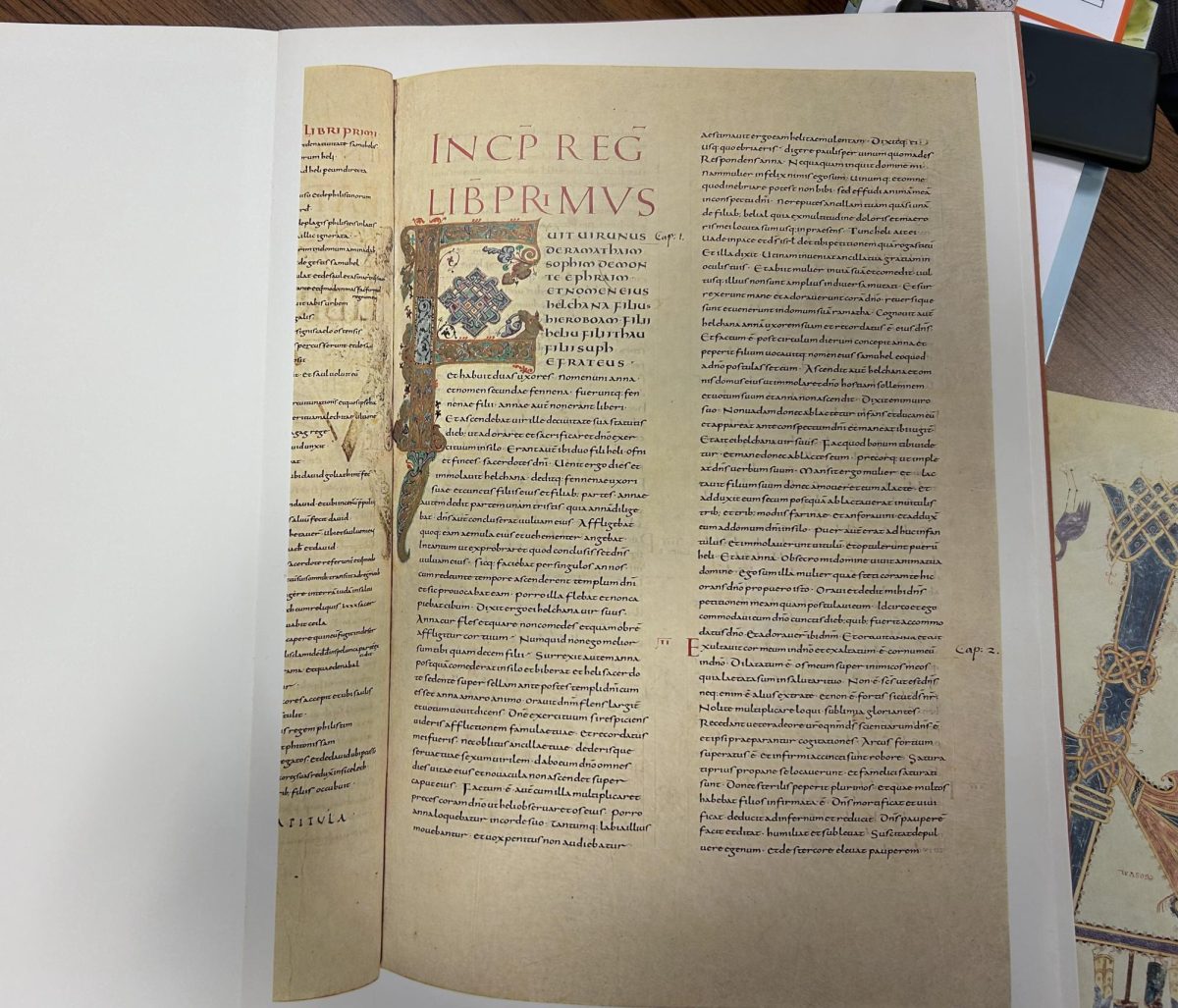Despite rounds of “prioritization,” cuts to humanities programs at Calvin and low enrollment numbers, programs like Classical & Medieval Studies, Gender Studies and Dutch Studies continue to emphasize the importance of interdisciplinary study for students.
Overview
Calvin has had a Medieval Studies minor since 2010; the classical aspects were added after the classics major was cut in 2021. The minor then absorbed any remaining classics courses. Students in Classical & Medieval Studies can take courses in languages, history and classics — studies of ancient Greek and Latin works. According to program director and history professor Frans van Liere, the minor aims to “broaden” students’ interests and also serves a “vocational purpose” to prepare students who are interested in graduate study.
The Gender Studies minor has existed since the mid-1990s and seeks to examine gender through the lens of a variety of disciplines, including sociology, philosophy and religion. Students take a total of five courses in four different disciplines with the goal of understanding how gender influences all areas of life. “Gender impacts everything,” said Elisha Marr, program director and sociology professor. Marr believes that as “God’s hands and feet, working to right what’s wrong …we should care about how inequality affects genders.”
The Dutch Studies minor, which was officially approved on Feb. 4, is a “recasting” of the existing Netherlandic Studies major, according to program director and Professor of World Languages Herman De Vries. Courses include Dutch language classes, the Dutch sustainability May-term trip, a history course and a biology course. De Vries hopes that the program “can strengthen the interest in the Dutch language courses.” “There’s all kinds of material that this minor can really touch on that makes me so excited,” De Vries told Chimes.
How they’re able to exist
The common denominator among each of these programs, in addition to their interdisciplinary nature, is the limited number of resources they require to function. In other words, each of these programs can exist because there is no additional cost involved. For Gender Studies, courses like Diversity & Inequality (SOC-250) and Philosophy of Gender (PHIL-211) are already standard course offerings in the Sociology and Philosophy departments respectively. Classics & Medieval Studies courses are cross-listed as history, world languages or honors courses. Dutch Studies courses are also regularly offered in various departments across campus: biology, world language and history.
According to De Vries, “The opportunities [for the Dutch Studies minor] are there and this doesn’t cost the university one penny.” Furthermore, the Dutch Studies minor is supported by an endowed chair — the Frederick Meijer Chair of Dutch Language and Culture. This “fantastic gift” from the Meijer family “takes pressure off the budget.”
Effects of budget cuts & “prioritizations”
However, even though low overhead costs allow the continuation of these programs, some are still struggling. Classical & Medieval Studies used to have a committee of professors who did medieval work in various disciplines; however, van Liere is currently the only faculty member “actively involved” in that work. “The prioritization rounds and various cuts have hit this minor very hard and make it hard to sustain,” van Liere told Chimes.
Gender Studies has also seen decreasing interest in what Elisha Marr calls a “chicken and egg” problem. According to Marr, “We lost a number of women faculty, and women faculty happen to teach gender classes.” Thus, as the number of women faculty decreases, fewer and fewer Gender Studies courses are offered. This is compounded by the fact that “Gender Studies has been a word of mouth program.” Students take Gender Studies classes, become interested and then complete the minor. However, due to COVID and decreasing numbers of women faculty, fewer students are exposed to the minor. “When we don’t have students, it’s harder to convince the administration that they should put resources into this program,” said Marr.
De Vries also noted that “significant shrinkages in the humanities [and] in the arts” meant that a number of interdisciplinary electives “really just disappeared.”
Interdisciplinarity
According to De Vries, interdisciplinary study is “what we’re trying to do here at Calvin.” As a liberal arts institution, Calvin is uniquely positioned to embrace interdisciplinarity in its programming and, as De Vries notes, “can do interdisciplinary stuff more easily than other universities.” van Liere echoed the importance of interdisciplinary study, especially for medieval studies, which is “one of the first interdisciplinary studies.” He further said that he believes that Calvin should offer “a little bit more stimulus for minors like Medieval Studies or Gender Studies, because many of these minors are ways for students to do interdisciplinary work.” For Gender Studies and Classical & Medieval Studies minor Amy Kuiper, interdisciplinarity is “inherent” in these topics. Studying a topic like gender “has gotta be multifaceted … it cannot be summed up in just one way.”
Note: Author Elisabeth Stevens is, amongst other things, a Gender Studies minor and really likes interdisciplinary work.






